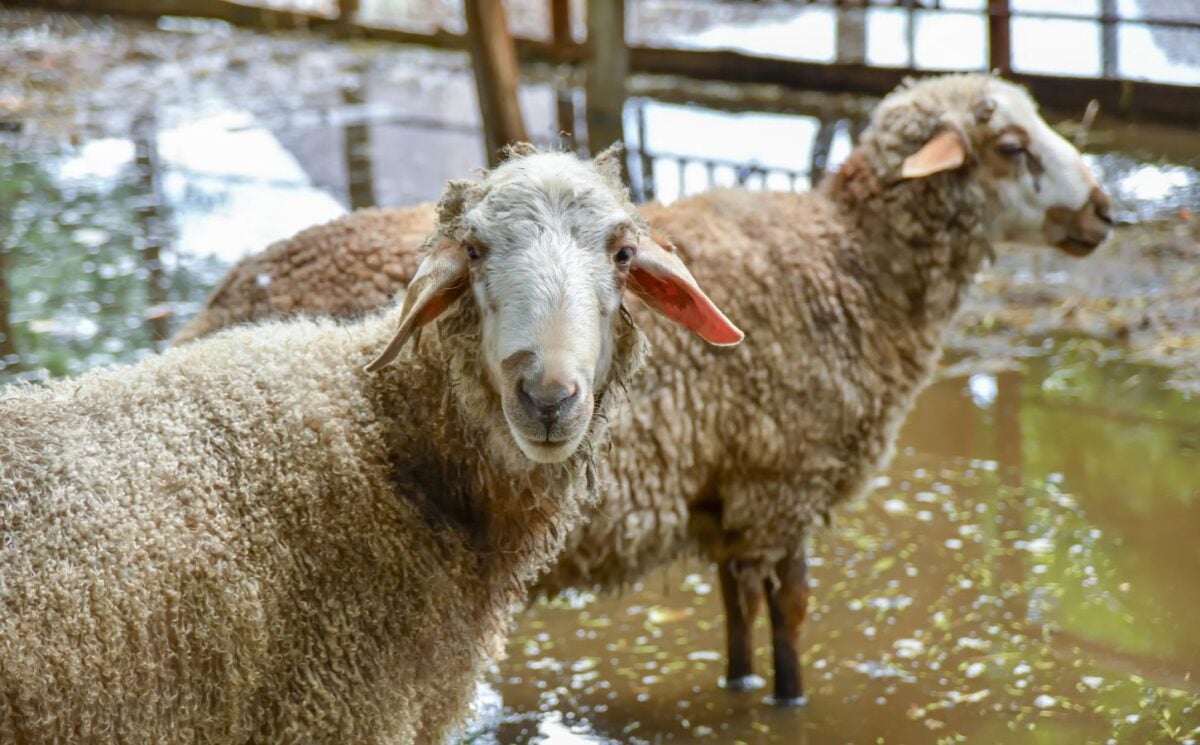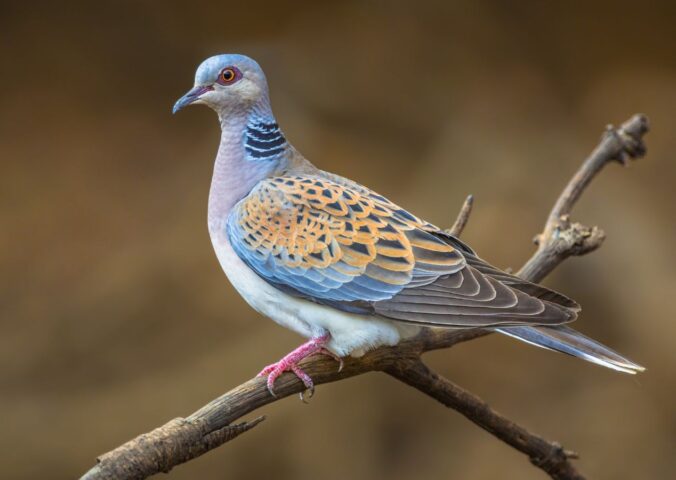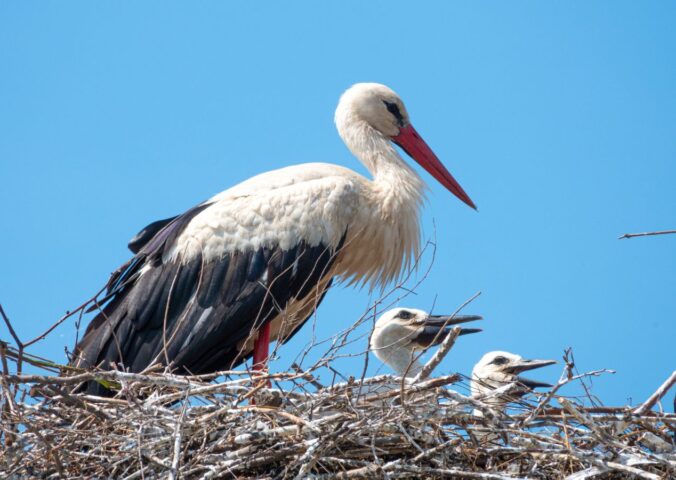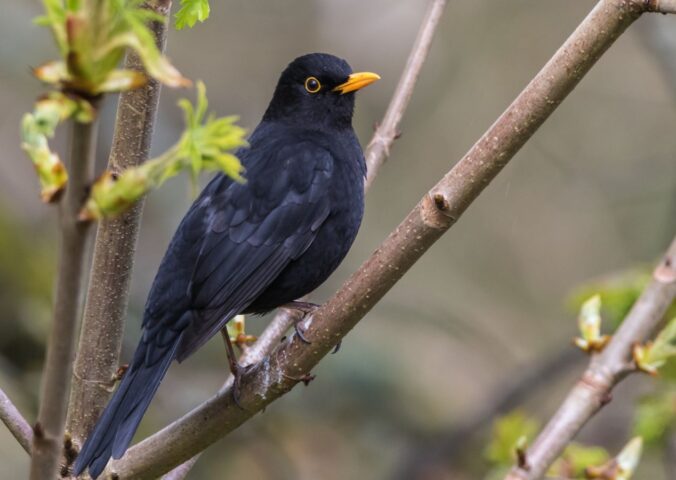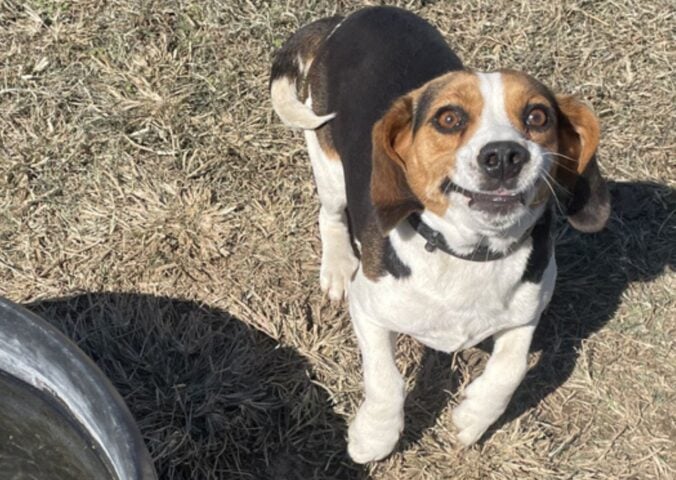The UK has just experienced its eighth wettest winter on record. Flooded fields mean farmers have been unable to harvest or plant some crops such as potatoes and wheat, leading to warning of food shortages.
Read more: Thousands Of Cows Die Due To Extreme Heat In Kansas
There is also likely to be less lamb and milk available in supermarkets. Behind the media reports focused on the impacts on consumers and farmers are animals who are being severely affected. Cows have been unable to go outside and farmers are running out of straw and food for them. Lambs have been dying in fields due to exposure to the cold and rain.
These are just a fraction of the farmed animals harmed by extreme weather, which is becoming more frequent and intense due to the climate crisis.
Lambs struggling
Many of the UK’s sheep flocks graze on bare hillsides where there is no protection from rain and wind.
Farmers have reported that both adult sheeps and lambs have not been coping in the constant rain. “[I]t’s been so wet some of the ewes were just lying down in big pools of water,” one Northumberland farmer explained to the BBC. The lambs on his farm are born outdoors and he said the ones born during the night “have really struggled.”
Others have said the lambs have not been coping even if they spent their first few days of life inside a shed. One Exmoor farmer said ewes may abandon weaker lambs to look after other newborns. Many farmers have seen mortality rates rise this winter.
Lambs are already at their most vulnerable in the first two days of life, when almost half of all lamb deaths occur. Hypothermia due to exposure to bad weather is a major cause of death.
Many animals dying from extreme weather
Lambs are not the only farmed animals suffering and dying from extreme weather, and rain is not the only problem.
Heatwaves
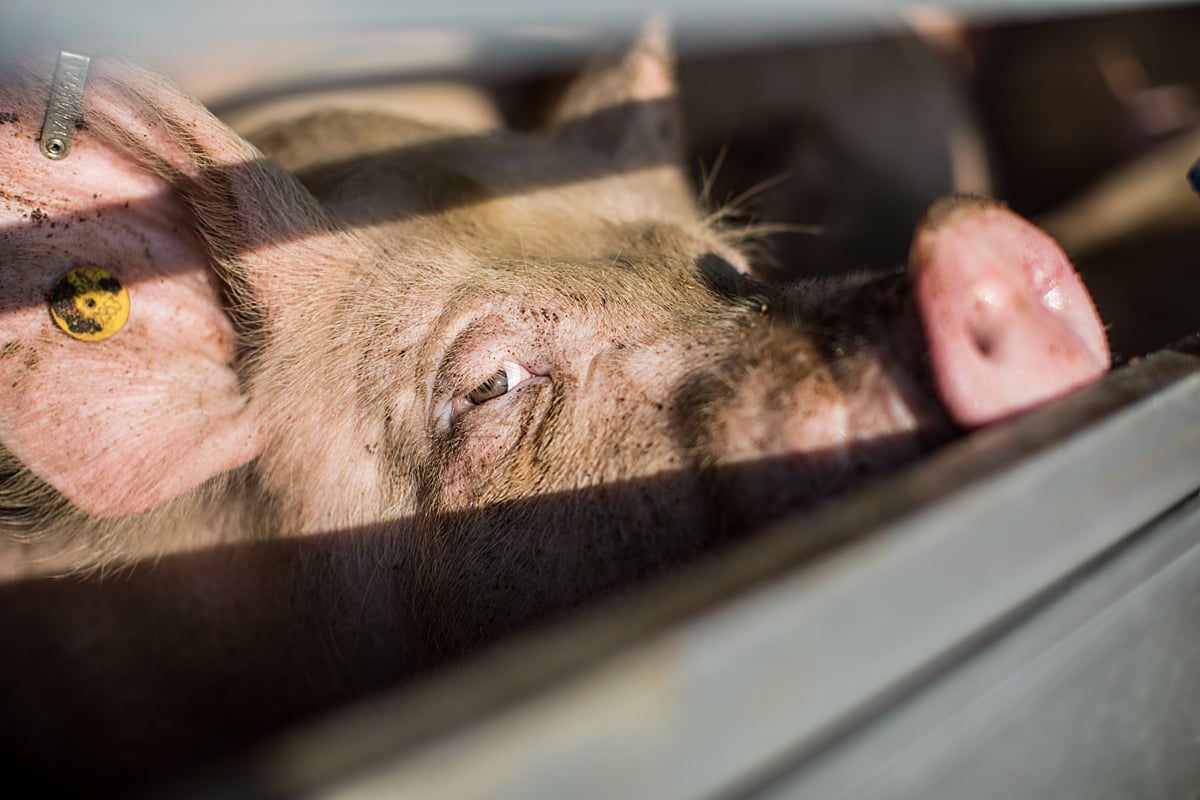
Heatwaves are particularly deadly for animals in factory farms or being transported from farms to slaughterhouses. This is due to poor ventilation and high temperatures inside sheds and transport trucks on hot days, conditions made worse for species like pigs and chickens who can’t sweat.
Read more: Why The Climate Crisis Is Putting Extra Pressure On Animal Rescue Organizations
During the UK’s 2022 heatwave, millions of chickens are thought to have died slowly from heat exhaustion inside sheds where temperatures reached as high as 45 degrees Celsius. Workers described the scenes as “carnage” and said the farm companies could have done more to protect the animals’ welfare.
In the UK, animal welfare laws protecting animals in transit are minimal and vague, setting no upper or lower temperatures in which they can be transported. As a result, almost 10,000 chickens died on the way to slaughterhouses when temperatures hit 40 degrees Celsius in the UK in 2022. More than a dozen pigs in transit died the same day, and other stressed pigs showed “cannibalistic behaviours” towards the dead.
Storms and cold
Storms, which are becoming more intense and frequent, often kill farmed animals. In 2018, hundreds of animals, particularly sheeps, are thought to have died in north-west England after Storm Emma buried them in snow. Storm Arwen in 2021 is also thought to have killed animals trapped by heavy snowfall.
As the climate crisis worsens, campaigners are calling on governments to urgently address the lack of protections for farmed animals during extreme heat events.
